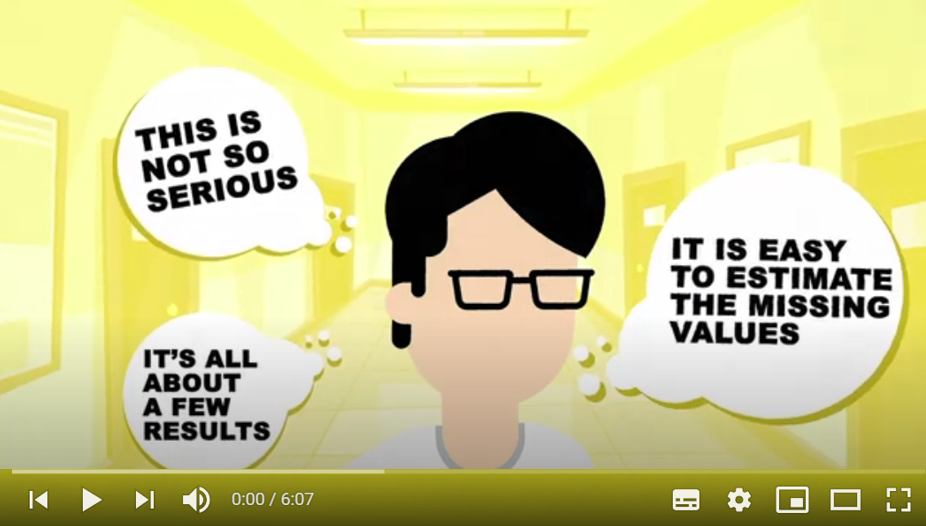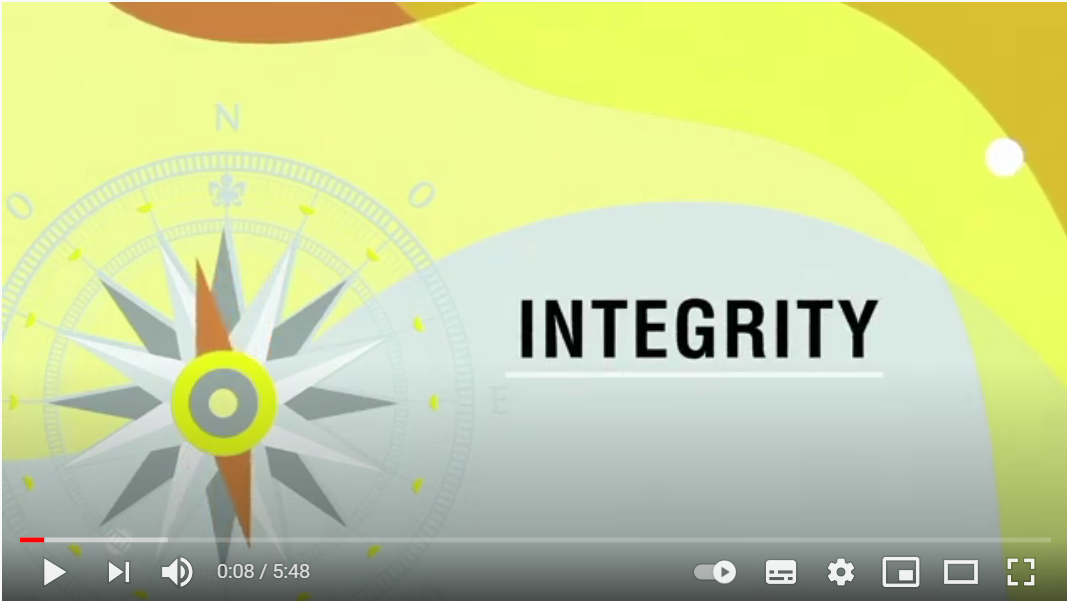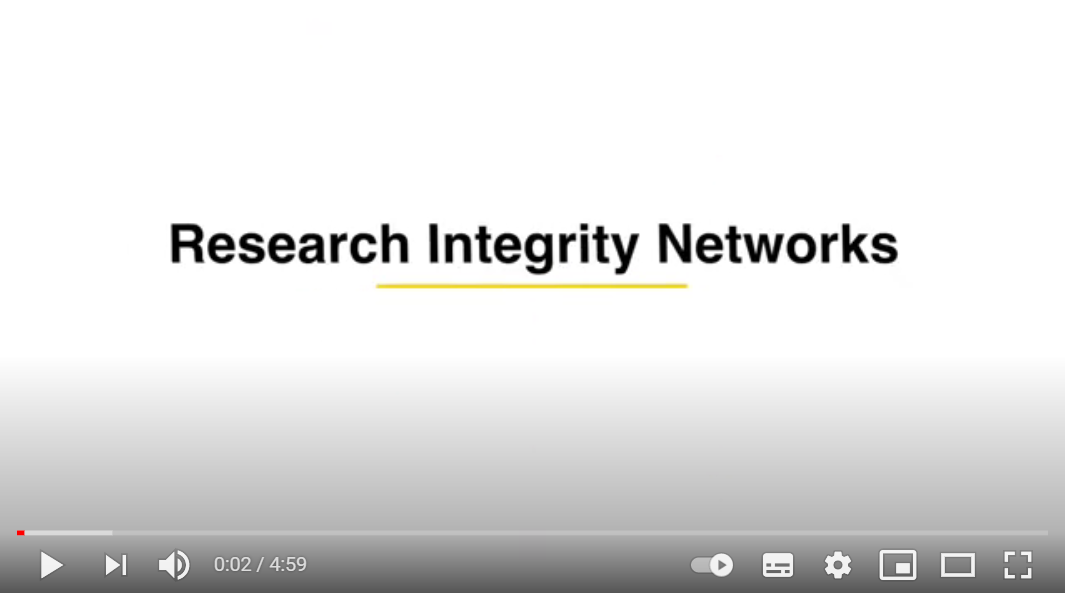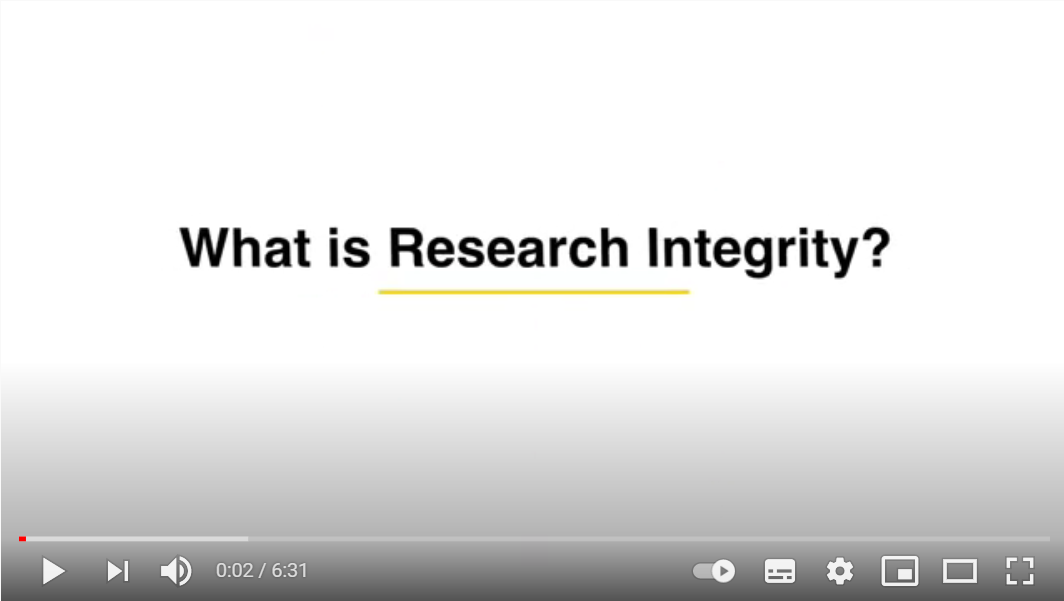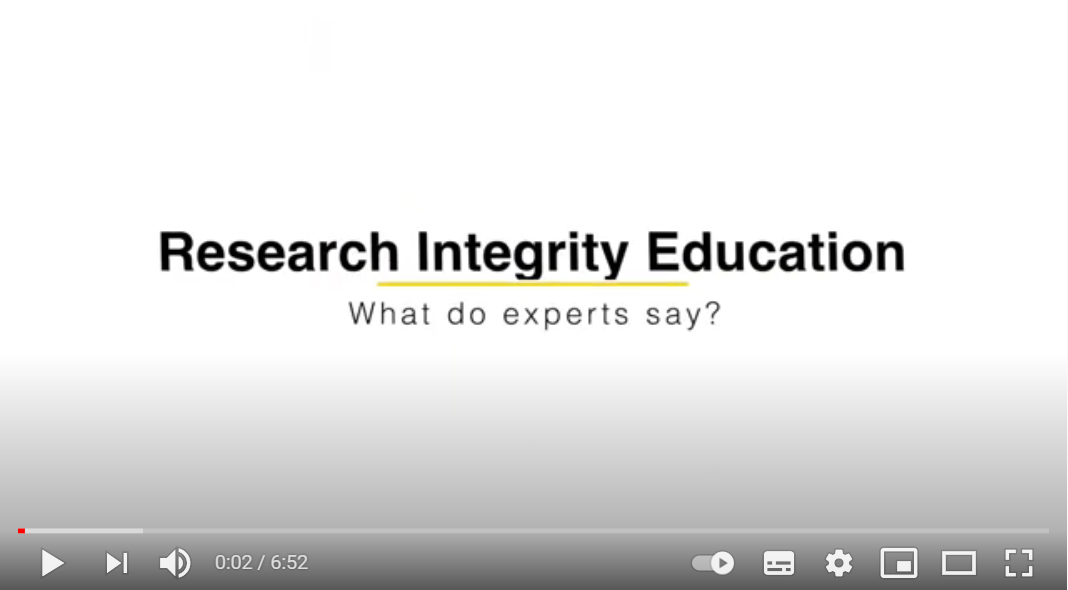Difference between revisions of "Instruction:17705907-d9b2-4f33-bc4f-088d84b4d971"
From The Embassy of Good Science
| (One intermediate revision by the same user not shown) | |||
| Line 1: | Line 1: | ||
{{Instruction | {{Instruction | ||
|Title=Preparatory Viewing: Introduction to Concepts & Themes | |Title=Preparatory Viewing: Introduction to Concepts & Themes | ||
| + | |Has Related Initiative=Initiative:8eed30fd-c2ed-44d1-9752-753092bd350e | ||
|Instruction Goal=The VIRT2UE project has developed videos introducing the concept of Research Integrity. These are available on [https://www.youtube.com/channel/UC_tr-rcbm3VwuL4jcpUZkDA The Embassy youtube channel.] | |Instruction Goal=The VIRT2UE project has developed videos introducing the concept of Research Integrity. These are available on [https://www.youtube.com/channel/UC_tr-rcbm3VwuL4jcpUZkDA The Embassy youtube channel.] | ||
|Has Duration=0.5 | |Has Duration=0.5 | ||
| Line 10: | Line 11: | ||
{{Instruction Step Trainee | {{Instruction Step Trainee | ||
|Instruction Step Title=Moral Disengagement in Research | |Instruction Step Title=Moral Disengagement in Research | ||
| − | |Instruction Step Text= | + | |Instruction Step Text=This video explores how researchers’ moral judgments can be affected by individual and contextual factors, explained by the VIRT2UE project for The Embassy of Good Science. <br /> |
[[File: MoralDisagreements.png|link=https://www.youtube.com/watch?v=bIGuvc8Qbmw&list=PLabbUwyulArzx9SIqxfDXbtTELS8uWdFD&index=2]] | [[File: MoralDisagreements.png|link=https://www.youtube.com/watch?v=bIGuvc8Qbmw&list=PLabbUwyulArzx9SIqxfDXbtTELS8uWdFD&index=2]] | ||
| − | An exploration of how moral disengagement may occur among researchers due to maladaptive strategies to address conflicting imperatives in science | + | An exploration of how moral disengagement may occur among researchers due to maladaptive strategies to address conflicting imperatives in science. A virtue ethics approach might prevent the process of moral disengagement. In the video, the risk of moral disengagement is explored, as well as the importance of virtues in research and systems fostering research integrity. |
}} | }} | ||
{{Instruction Step Trainee | {{Instruction Step Trainee | ||
|Instruction Step Title=Ethical Decision Making in Research | |Instruction Step Title=Ethical Decision Making in Research | ||
| − | |Instruction Step Text= | + | |Instruction Step Text=In this video, ethical and unethical research behaviors are explained. |
[[File: Ethical decision making4.png|link=https://www.youtube.com/watch?v=HRBJxLo6k5s&list=PLabbUwyulArzx9SIqxfDXbtTELS8uWdFD&index=3]] | [[File: Ethical decision making4.png|link=https://www.youtube.com/watch?v=HRBJxLo6k5s&list=PLabbUwyulArzx9SIqxfDXbtTELS8uWdFD&index=3]] | ||
| − | + | The video translates three common frameworks for ethical analysis (deontology, consequentialism, virtue ethics) into the context of research. These frameworks are described as complementary, since science may be seen as a communal practice that strives towards a common good (utilitarianism), which can only be done in compliance with certain principles, rules, and codes inherent in the scientific endeavor (deontology). Virtue ethics may foster the best side of deontology and consequentialism, as a virtuous person is both informed by rules or beneficial consequences and knows how to apply rules and how to appreciate consequences by having insight into concrete situations. | |
}} | }} | ||
{{Instruction Step Trainee | {{Instruction Step Trainee | ||
Latest revision as of 15:33, 16 April 2024
Preparatory Viewing: Introduction to Concepts & Themes
Instructions for:ParticipantTrainer
Related Initiative
Goal
The VIRT2UE project has developed videos introducing the concept of Research Integrity. These are available on The Embassy youtube channel.
Duration (hours)
0.5
For whom is this important?
Part of
Belongs to Course
1
Moral Disengagement in Research
This video explores how researchers’ moral judgments can be affected by individual and contextual factors, explained by the VIRT2UE project for The Embassy of Good Science.
2
Ethical Decision Making in Research
In this video, ethical and unethical research behaviors are explained.
3
4
Steps

